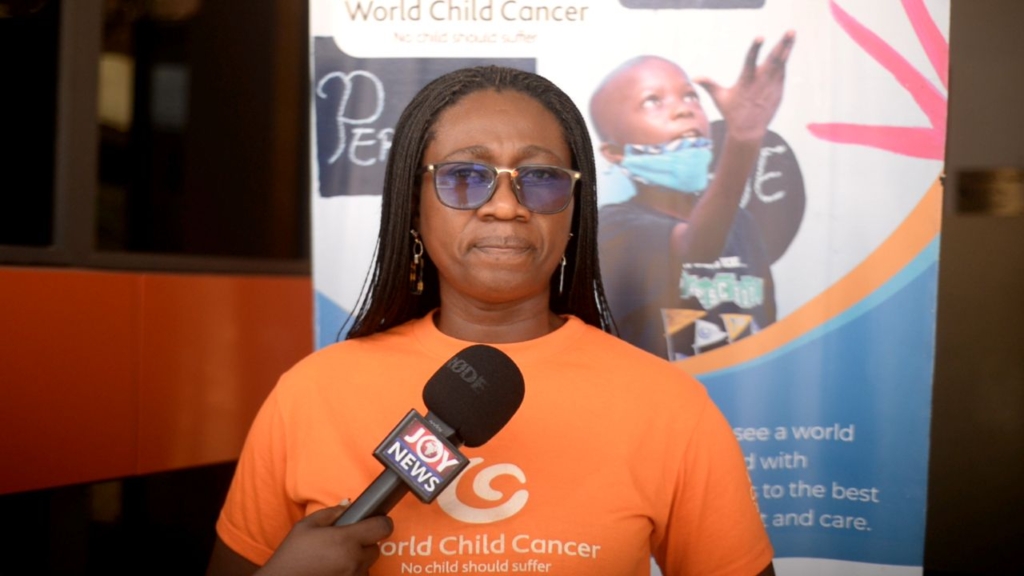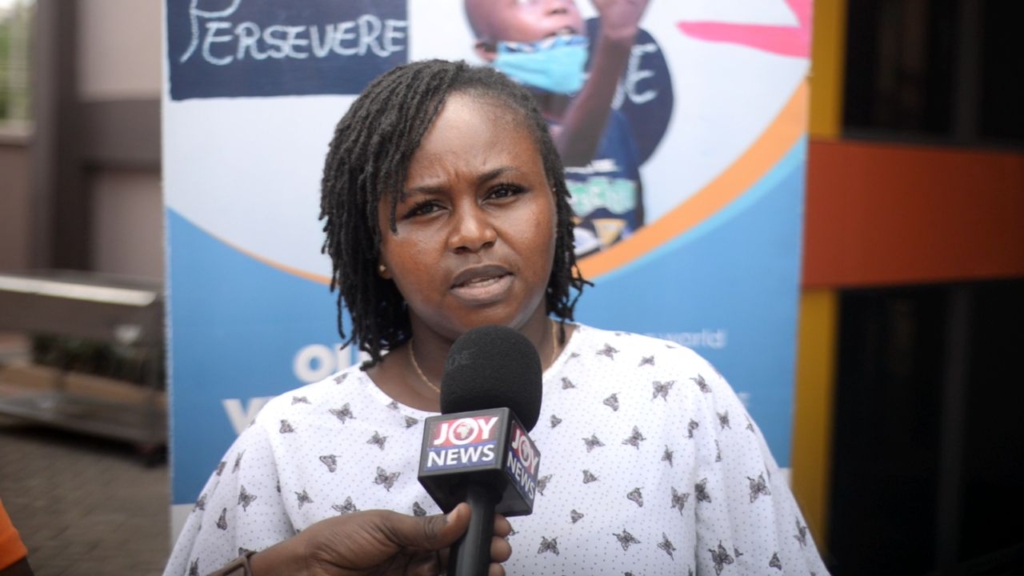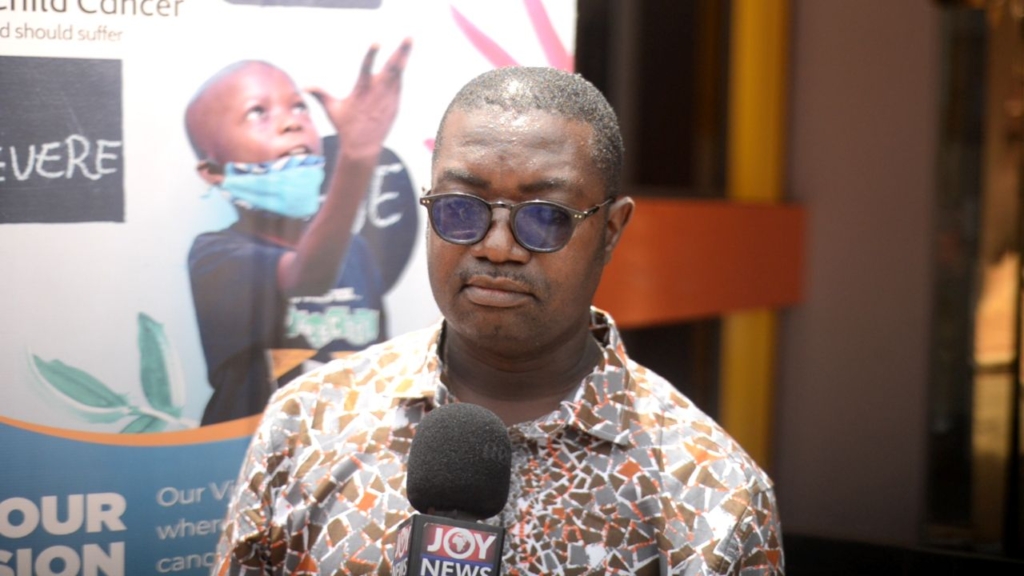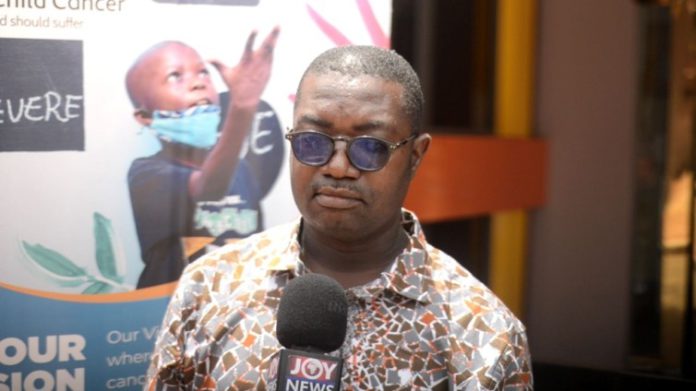About 1,200 children under the age of 15 in Ghana are estimated to develop cancer annually, according to the World Health Organization.
The survival rate of cancer cases is less than fifty percent in the African continent, owing to limited expertise and apparatus, enforcing the inequality in child cancer care in Ghana.
World Child Cancer is critically highlighting the essence of early and accurate detection by enhancing the proficiency and expertise of radiologists in interpreting medical images accurately and efficiently.

The survival rate of child cancer in developed continents is peaking at over 70 per cent.
This highlights the strides and positive investment in radiology expertise, medical imaging technologies, and early detection methods.
Dr Obed Kojo Otoo, a senior specialist radiologist at Komfo Anokye Teaching Hospital, says the treatment of cancer, particularly child cancer, is hindered by insufficient equipment and expertise among radiographers and radiologists.
This limits the information provided to Clinicians for better detection and treatment.
“Our major worries have been the limited apparatus. We need MRI machines instead of CT machines for children with cancers. We don’t have MRI machines in hospitals in Ghana.
“We also need good and trained radiographers and radiologists to jointly and correctly read and interpret data,” he said.
Addressing the gap, World Child Cancer, a charity organization, is acknowledging the limited access to essential imaging services critical in cancer care.
Through the collaborations with the Radiology Departments in Korle Bu and Komfo Anokye Teaching Hospitals, experienced radiologists, radiologic technologists, and other healthcare professionals have been recruited to serve as instructors and mentors for a professional training program for healthcare professionals across the country.
Adwoa Pinamang Boateng Desu is the Country Director for World Child Cancer in Ghana.
She says the radiology training program will equip radiologists with the necessary skills and knowledge to effectively perform radiologic procedures and interpret imaging studies to facilitate effective treatment.

“Early and accurate diagnosis is key in childhood cancer care and management. We involve Radiologists in this aspect because they help with the imaging. And all our efforts are geared toward addressing global inequality in child cancer care on the African continent and the World.
“World Cancer Care has been in Ghana since 2010. The primary focus is to help healthcare professionals with the knowledge and skills that they need to be able to diagnose childhood cancer early and promptly,” she said.
The training program will arrange for clinical rotations at major training centres to provide trainees with real-world experience in performing and interpreting radiologic examinations.
Dr. Obed Kojo Otoo says the training will help interpret radiological findings accurately and effectively communicate them to the healthcare team.
“Participants will appreciate the way they report on the management of cancer patients. We talked about the key things they provide in their report. We also have dealt with how we can collaborate with other departments to operate effectively. Communication is key,” he said.
Participants recount that tips acquired will help them include essential information in their reports which they ordinarily omit.

“The new knowledge will help us recognize common signs and symptoms of paediatric cancers in radiological imaging.
“This will also help us understand the specific imaging techniques and protocols used in paediatric oncology, as well as important information to include in our reports for clinicians to work with,” said Nana Ama Wiafe, a Radiologist at KATH.
READ ALSO:

